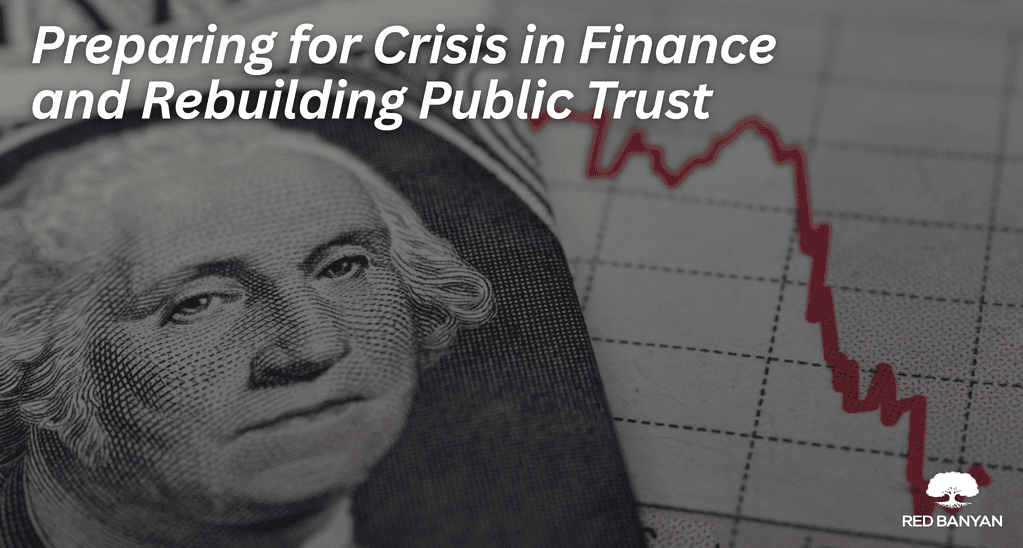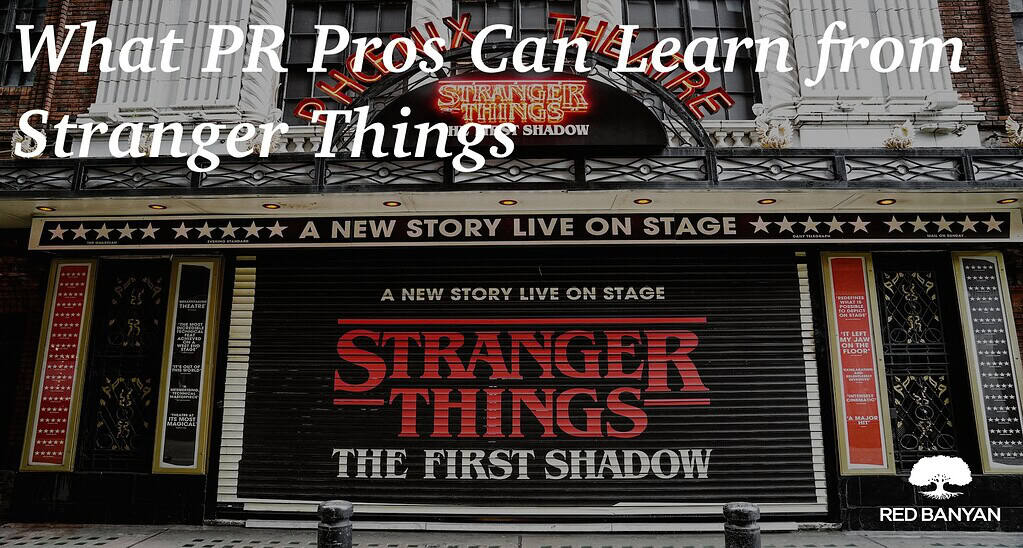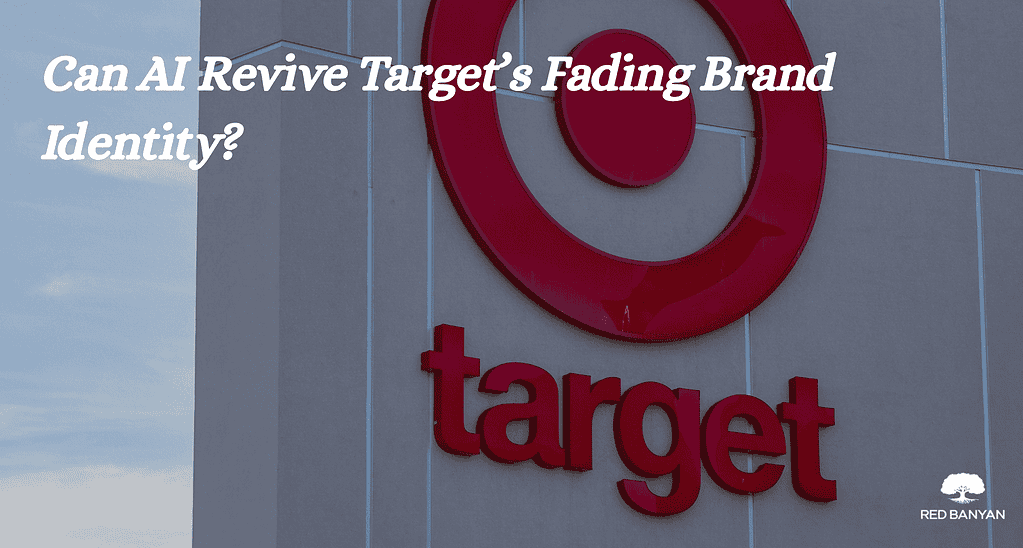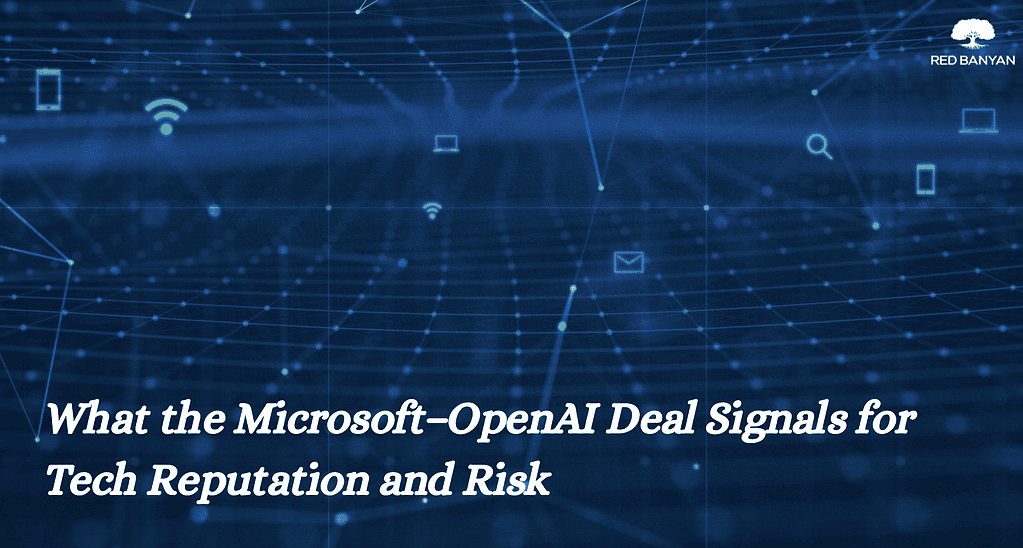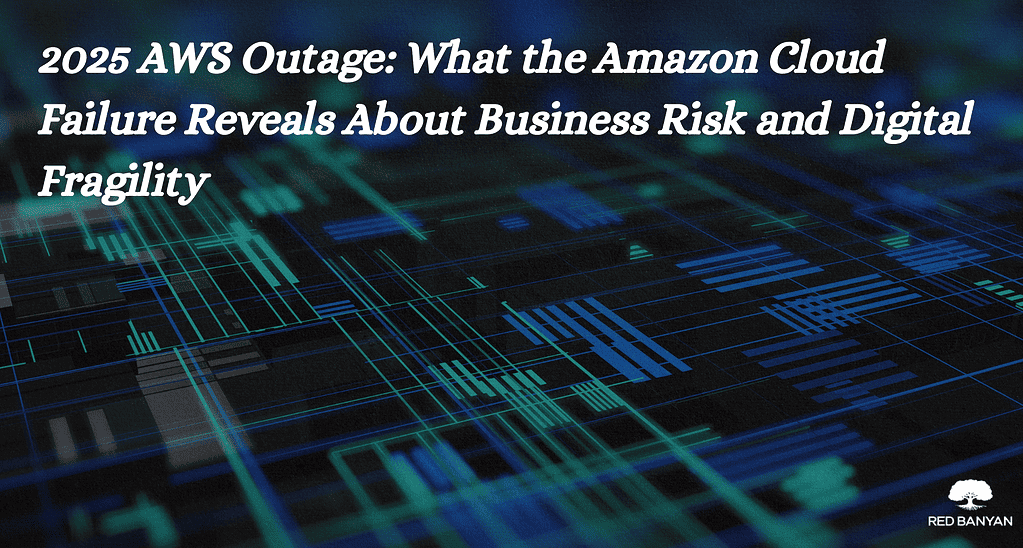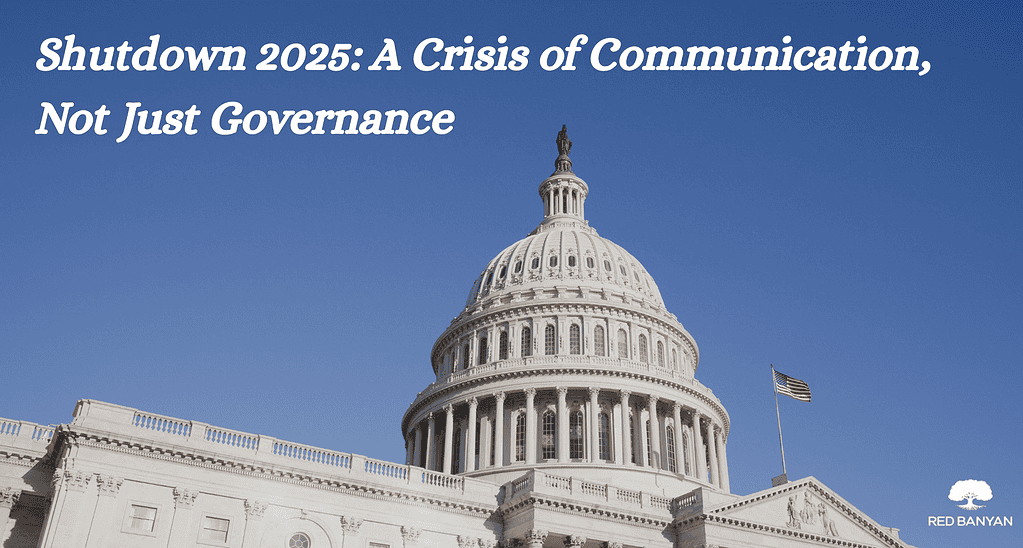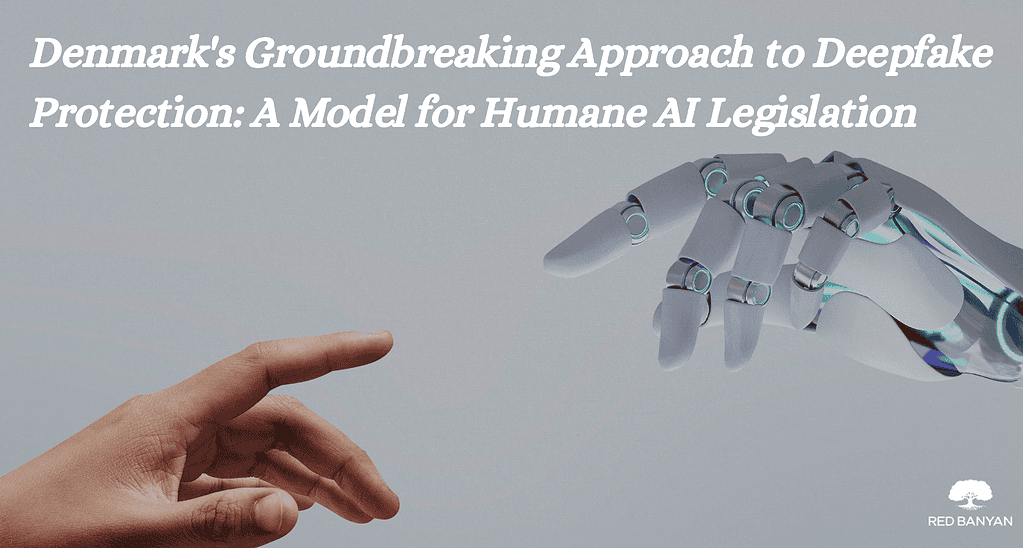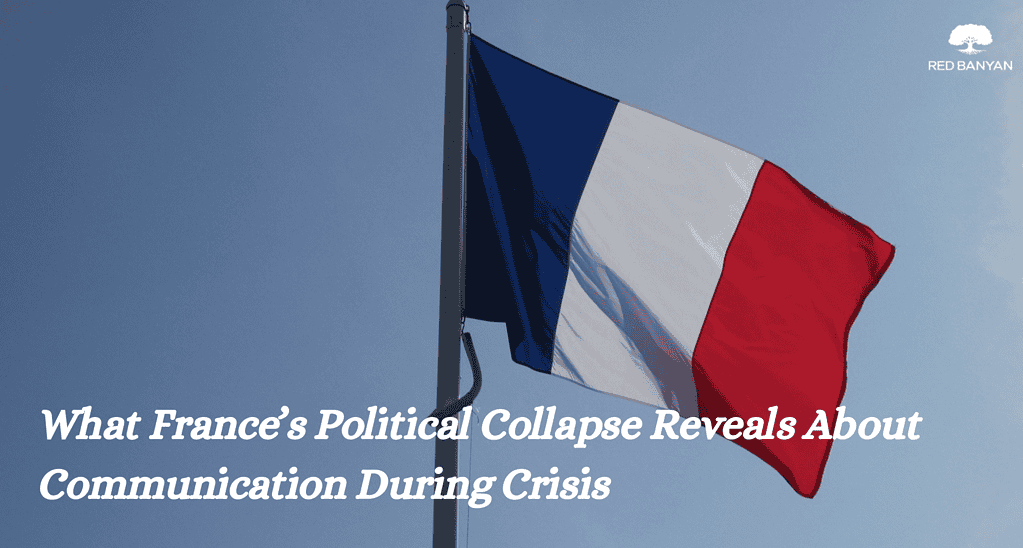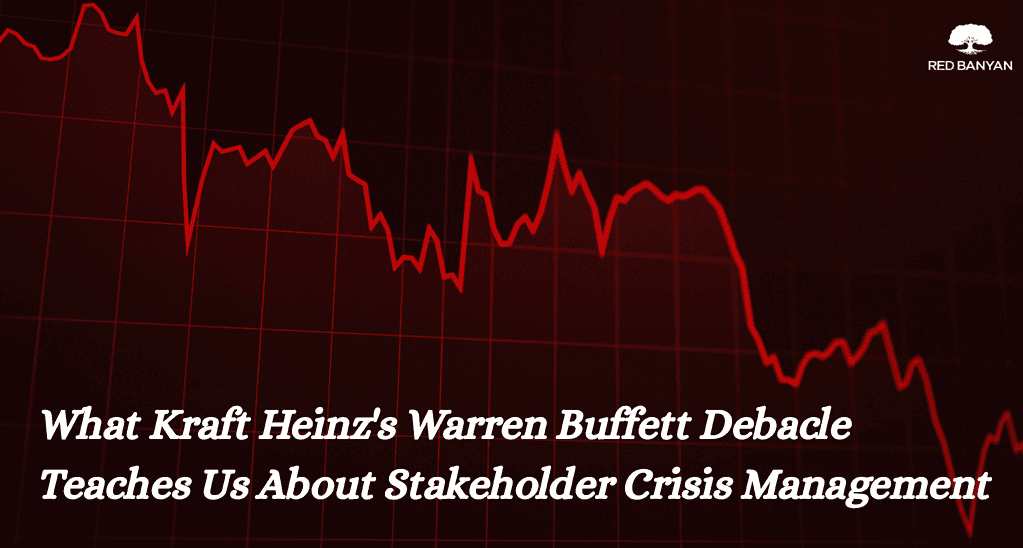Trust is the foundation of the financial industry. It is what customers hand over along with their savings, their data, and often their dreams. But trust is fragile. One cyberattack, poorly handled public statement, or regulatory slip can spark a chain reaction: panic, withdrawals, lawsuits, or worse. In finance, you are not only managing money. You’re managing perception. And when a crisis hits, perception becomes your most unpredictable asset.
It is not just global banks or Wall Street giants that walk this tightrope. Whether you lead a local credit union, a fintech startup, or a multinational investment firm, the vulnerabilities are often the same. A data breach, compliance failure, or panic in the market can occur irrespective of company size. Crisis affects everyone in the system.
Quick links:
Understanding the Most Common Crisis Triggers
Why Many Institutions are Still Unprepared
Building a Culture of Readiness
Responding with Speed and Clarity
What Citibank’s 2024 Data Breach Teaches the Industry
Crisis Readiness is Non-Negotiable
Understanding the Most Common Crisis Triggers
History has a way of returning in new disguises. One year, a global recession shakes investor confidence. The next, it could be a stealth cyberattack draining data from millions of accounts. Or it could be an internal issue that escalates, such as misconduct, aggressive enforcement by regulatory bodies, or a tone-deaf PR response to customers that goes viral.
From the fall of Lehman Brothers to the Equifax data breach and the Wells Fargo account scandal, the lesson is clear: no financial institution is immune to reputational collapse.
During economic downturns, liquidity shrinks, customers default, and investors retreat. Institutions chasing growth during boom times are often overexposed when the economy shifts. Risk management may be core to the business model, but it is often sidelined in the pursuit of profit.
Then there is the issue of cybersecurity. In a sector where data is as valuable as capital, every weakness could potentially lead to a cybersecurity crisis necessitating PR for cybersecurity. These threats are real, constant, and continuously evolving. And the cost of a data breach goes well beyond financial losses. Reputational damage can linger for years.
Why Many Institutions are Still Unprepared
Despite all the warning signs, many financial institutions remain underprepared. Rarely is the cause a lack of budget or infrastructure. More often, it is simply a lack of alignment.
Too much focus is placed on operations, such as keeping systems online and limiting financial exposure, while communication strategy typically gets sidelined. But in a crisis, a strong message and effective crisis PR response is just as critical as strong encryption. A financial institution can have world-class security, but if it cannot manage the public narrative, it risks losing customer confidence fast.
Speed is also a major issue. Today’s news cycle moves faster than most compliance teams. What begins as a small issue can become a headline within minutes. A slow or defensive response often does more harm than the incident itself.
Building a Culture of Readiness
Being crisis-ready isn’t about having a binder full of checklists. Rather it is about mindset; building habits and clarity into every layer of the organization and having a crisis preparedness plan.
Start with defining roles. Who is authorized to speak on behalf of the firm? Who approves statements? Who handles clients, regulators, staff, and the media? Confusion during a crisis delays response and erodes confidence.
Preparation also involves active planning and testing. Build out a realistic crisis communication plan. Stress-test your systems and teams. Make sure cybersecurity practices are regularly updated and refined. And embed regulatory compliance into everyday operations. That way, when the SEC or another regulatory body comes calling, there is no chance of being caught off guard.
Prepared firms ask “what if” before they are forced to answer “what now?”
Responding with Speed and Clarity
When a crisis hits, speed matters, but so does tone. The best responses are honest, timely, and direct. Leadership must take responsibility and avoid hiding behind legal jargon. The public is quick to detect spin.
One of the most effective strategies for financial institutions facing regulatory scrutiny is to act before being forced to do so. Voluntary disclosures, corrective actions, and a visible commitment to change can help soften both penalties and minimize public backlash.
Importantly, institutions should avoid passing the blame. Even if a third-party vendor or rogue employee is involved, the institution is judged principally by how it responds and accepts responsibility. Trust begins with ownership.
Recovery is Where Trust is Truly Rebuilt
The news cameras may leave, but recovery is a longer game. This is when real reputational repair takes shape or falls apart.
After the crisis stabilizes, conduct a full internal review. Learn what went wrong, what worked, and what needs to change. This must not be a box-checking exercise. It is truly how your organization grows stronger.
Use this phase of public scrutiny to reintroduce your brand. Share your lessons learned. Offer proof that positive change is happening. Actions speak louder than promises, especially when rebuilding public trust.
Recovery may include new training programs, upgraded tech systems, leadership changes, or a public-facing communications campaign. But above all, it demands consistency. One polished announcement will not erase months of confusion or silence.
What Citibank’s 2024 Data Breach Teaches the Industry
In early 2024, Citibank faced a major challenge when a data breach exposed millions of customer records. The breach was serious, but their response set a new standard.
Instead of hiding or shifting blame, Citibank leadership took public responsibility. They held regular press briefings, launched a full cybersecurity overhaul, and offered free identity protection to all affected customers. Most importantly, they communicated often and clearly.
Within months, customer sentiment began to recover. Analysts credited the rebound to Citibank’s transparency and proactive engagement. Their approach turned a crisis into a credibility boost, reminding the financial industry that cybersecurity risk management is more than an IT issue. It is a brand imperative.
Crisis Readiness is Non-Negotiable
Crises arrive without warning and rarely play fair. But for financial institutions that are prepared, they can become defining moments—tests of leadership, transparency, and resilience.
The firms that navigate them best understand that trust is not rebuilt in the boardroom. It is earned in real time, through clear decisions and consistent communication.
If you are currently facing a crisis or want to be prepared to avoid or respond to your next challenge, then contact Red Banyan. We help financial institutions protect their credibility and rebuild trust where it matters most.

